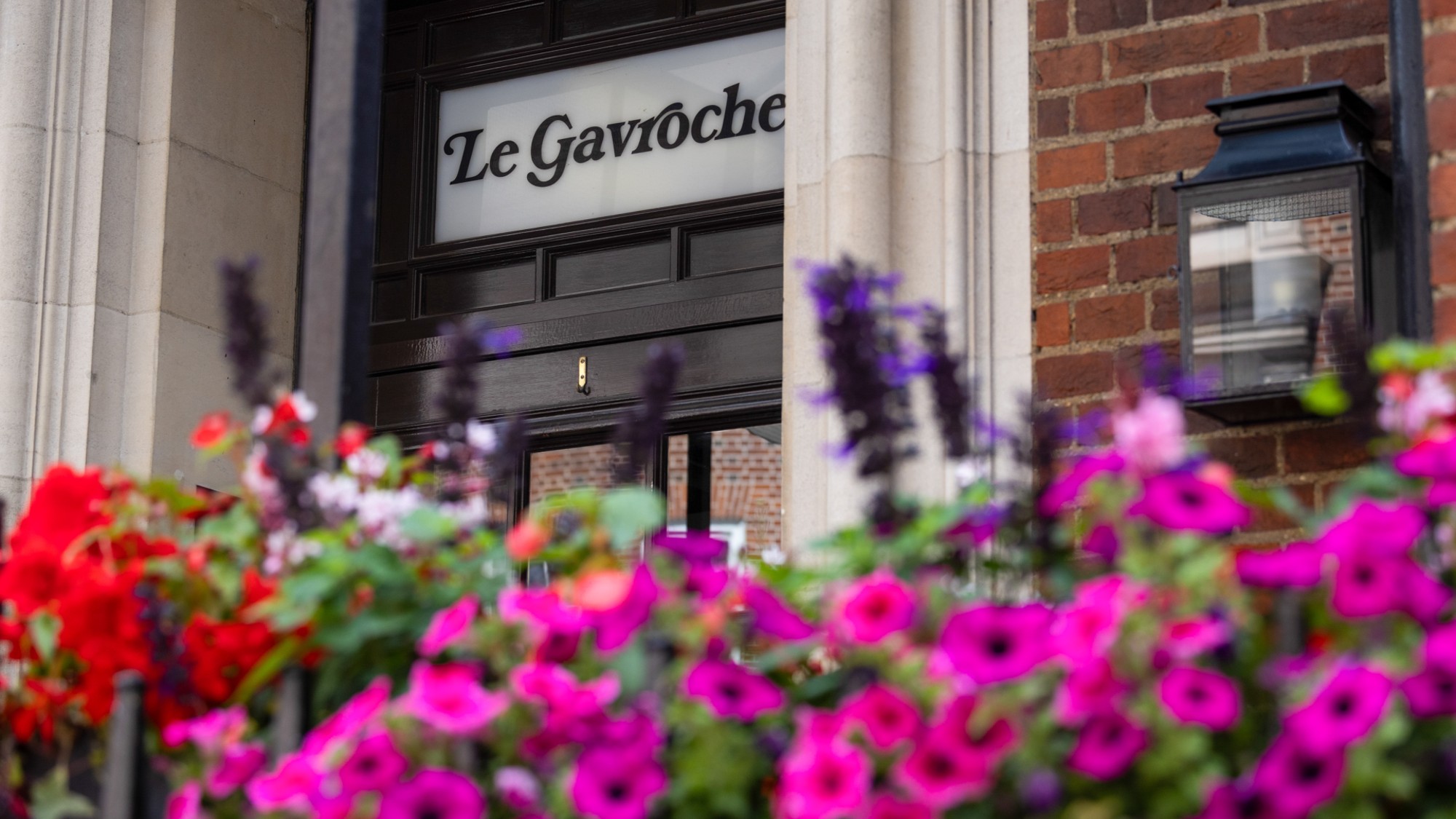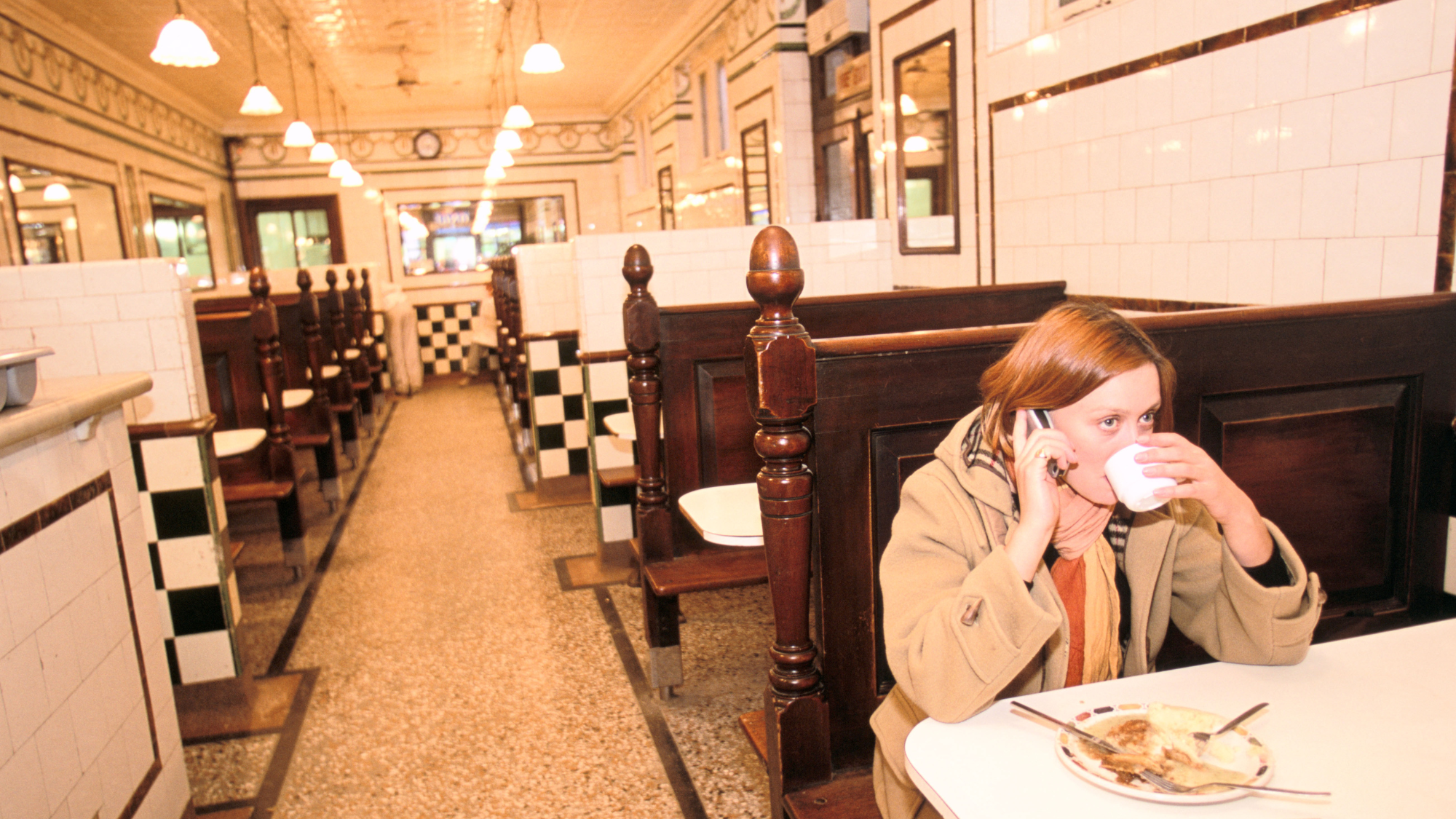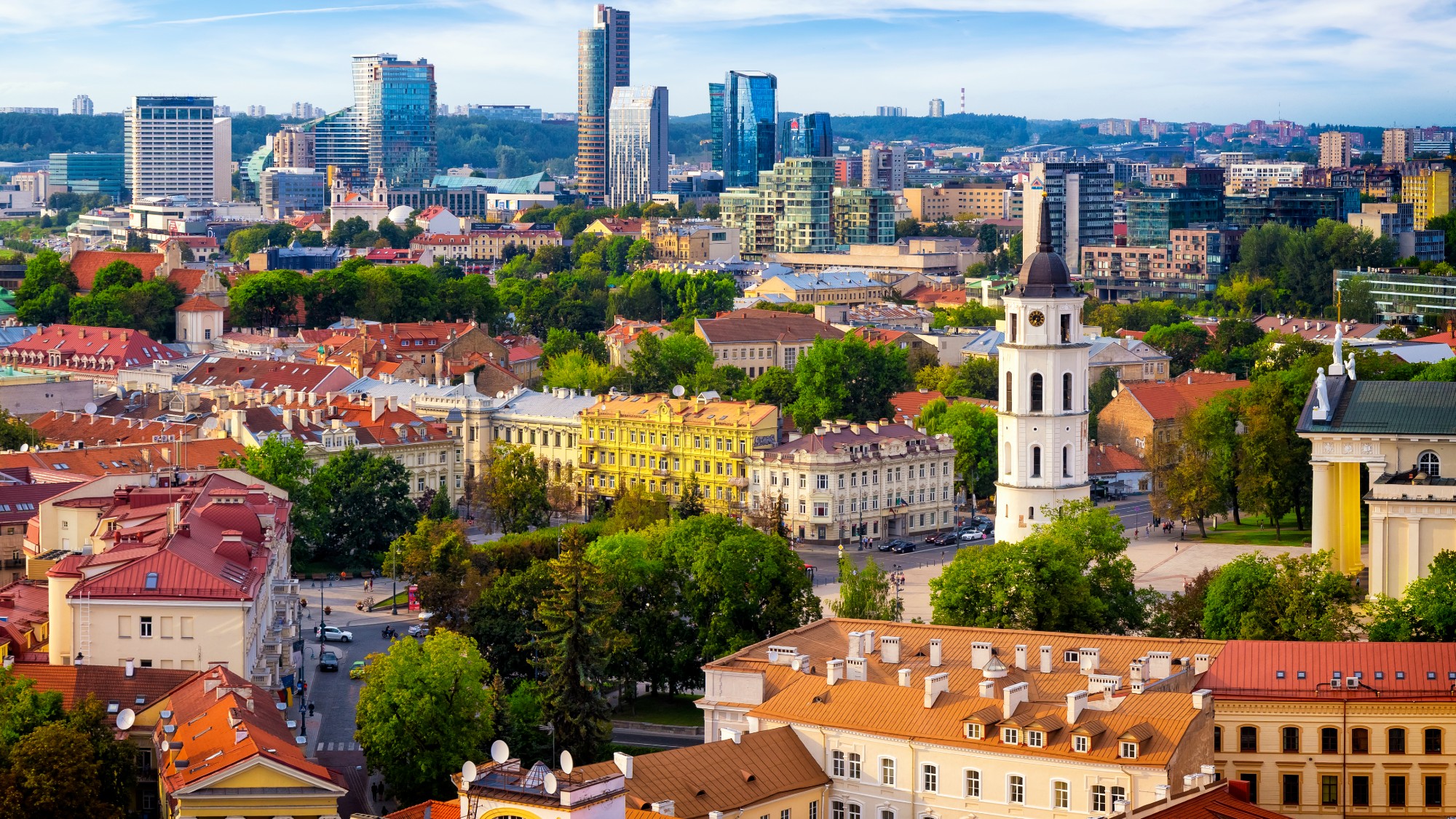Why a Michelin star can spell danger for restaurants
Winning chefs face heightened financial pressures, changing customer demands and professional limitations

A free daily email with the biggest news stories of the day – and the best features from TheWeek.com
You are now subscribed
Your newsletter sign-up was successful
A Michelin star may be the ultimate fine dining accolade, but for some chefs who receive the prestigious award, it would seem all that glitters is not gold.
In fact, recently updated research in The Strategic Management Journal suggests restaurants "might be better off remaining starless", said The Economist.
University College London (UCL) School of Management researchers tracked highly reviewed New York restaurants that opened between 2000 and 2014. They found those that earned a Michelin star were more likely to close than those that didn't – even allowing for location, price and type of cuisine. By the end of 2019, 40% of the restaurants awarded Michelin stars from 2005 to 2014 had closed. Fame, it seems, "comes at a price".
The Week
Escape your echo chamber. Get the facts behind the news, plus analysis from multiple perspectives.

Sign up for The Week's Free Newsletters
From our morning news briefing to a weekly Good News Newsletter, get the best of The Week delivered directly to your inbox.
From our morning news briefing to a weekly Good News Newsletter, get the best of The Week delivered directly to your inbox.
A star-shaped target
Being in the limelight "puts a star-shaped target" on restaurants' backs, said The Economist.
Receiving Michelin star status "intensified bargaining problems with landlords, suppliers, and employees", according to researcher Daniel Sands – all of which push up costs. This combined with "heightened consumer expectations" created new challenges, which made it more difficult for them to stay in business.
"There are few cities in the world that can go toe-to-toe with London when it comes to restaurants," said the Michelin Guide. But the capital is far from immune to the phenomenon. In June, acclaimed restaurant Cornerstone announced that it would be closing its doors: the "end of an era" for the Hackney-based hotspot which earned a Michelin star just a year after opening in 2018, said Harpers.
Cornerstone is the latest in a "troubling trend" in the UK which has also seen the closure of Michel Roux Jr's "trailblazer-turned-stalwart" Le Gavroche in January, and two-Michelin-starred Mayfair institution The Greenhouse, "ending a 19-year legacy of culinary excellence".
A free daily email with the biggest news stories of the day – and the best features from TheWeek.com
Longstanding pressures on the hospitality sector – such as high rents and tiny profit margins – have been exacerbated in recent years by rising costs and labour shortages, and fine dining is not immune.
Five of the "highest-awarded fine dining restaurants" in Berlin have closed in the past year, said Euronews. Before they could recover from pandemic shutdowns, restaurants were "hit by soaring inflation", with no choice but to pass on those higher costs to customers. People's willingness to spend has "significantly changed", said Sebastian Frank, head chef at double Michelin-starred restaurant Horváth, and this crisis is "just the beginning".
From fine dining to food truck
For some in the culinary world, stars have begun to "seem more of a burden than a blessing", said CNN. Several chefs have "handed back their Michelin status" and left their haute-cuisine establishments for "a new foodie life". Among graduate chefs, supper clubs and street food trucks are becoming as desirable as the "hallowed halls of established restaurants". Michelin is giving stars to street vendors.
In 2018, Spanish chef Dani García received a third Michelin star for his eponymous restaurant in Andalusia. Just 22 days later, the 42-year-old told staff he would be shutting the restaurant in 2019: the "shortest triple-Michelin-star period" in the world, said Eater. García told staff that he doubted he could "continue to devote the focus required" to maintain the stars. "This achievement could undermine my freedom to do new things," he told the food news site.
The decision to close a restaurant "in its pinnacle moment" seems "baffling". But cases like these offer insight into the modern business model of fine dining, which "demands more and more from chefs who must constantly innovate".
A Michelin nod certainly boosts publicity – the UCL study found that Google search intensity about a newly starred restaurant rose by more than a third – but announcing the closure of a restaurant during "the height of its acclaim" can yield even more headlines, and good publicity for a chef's next venture. Ultimately, "closing one restaurant in service of another isn't a bad strategy".
Harriet Marsden is a senior staff writer and podcast panellist for The Week, covering world news and writing the weekly Global Digest newsletter. Before joining the site in 2023, she was a freelance journalist for seven years, working for The Guardian, The Times and The Independent among others, and regularly appearing on radio shows. In 2021, she was awarded the “journalist-at-large” fellowship by the Local Trust charity, and spent a year travelling independently to some of England’s most deprived areas to write about community activism. She has a master’s in international journalism from City University, and has also worked in Bolivia, Colombia and Spain.
-
 Political cartoons for February 15
Political cartoons for February 15Cartoons Sunday's political cartoons include political ventriloquism, Europe in the middle, and more
-
 The broken water companies failing England and Wales
The broken water companies failing England and WalesExplainer With rising bills, deteriorating river health and a lack of investment, regulators face an uphill battle to stabilise the industry
-
 A thrilling foodie city in northern Japan
A thrilling foodie city in northern JapanThe Week Recommends The food scene here is ‘unspoilt’ and ‘fun’
-
 Arcadia: Tom Stoppard’s ‘masterpiece’ makes a ‘triumphant’ return
Arcadia: Tom Stoppard’s ‘masterpiece’ makes a ‘triumphant’ returnThe Week Recommends Carrie Cracknell’s revival at the Old Vic ‘grips like a thriller’
-
 American Psycho: a ‘hypnotic’ adaptation of the Bret Easton Ellis classic
American Psycho: a ‘hypnotic’ adaptation of the Bret Easton Ellis classicThe Week Recommends Rupert Goold’s musical has ‘demonic razzle dazzle’ in spades
-
 Can London’s pie and mash shops make a comeback?
Can London’s pie and mash shops make a comeback?Under the Radar Traditional East End eateries are on the ‘brink of extinction’ – but a younger generation is giving the Cockney cuisine an unexpected boost
-
 Josh D’Amaro: the theme park guru taking over Disney
Josh D’Amaro: the theme park guru taking over DisneyIn the Spotlight D’Amaro has worked for the Mouse House for 27 years
-
 Exploring Vilnius, the green-minded Lithuanian capital with endless festivals, vibrant history and a whole lot of pink soup
Exploring Vilnius, the green-minded Lithuanian capital with endless festivals, vibrant history and a whole lot of pink soupThe Week Recommends The city offers the best of a European capital
-
 Breaking news: the rise of ‘smash hit’ rage rooms
Breaking news: the rise of ‘smash hit’ rage roomsUnder the Radar Paying to vent your anger on furniture is all the rage but experts are sceptical
-
 Why is London’s property market slumping?
Why is London’s property market slumping?Today's Big Question Some sellers have reported losses of hundreds of thousands of pounds
-
 In Okinawa, experience the more tranquil side of Japan
In Okinawa, experience the more tranquil side of JapanThe Week Recommends Find serenity on land and in the sea